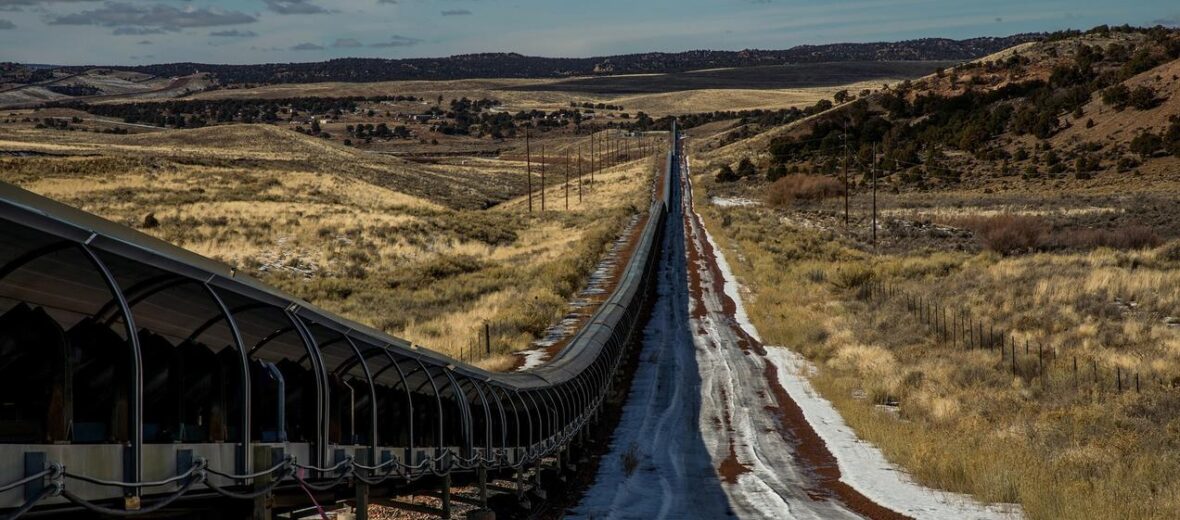
Photo credit above Christie Hemm Klok/The New York Times
Webinar on Environmental Justice, Water Rights, and Mine Reclamation on Native Land: Black Mesa and Kayenta Mines
April 13th @ 1pm EST
Speakers
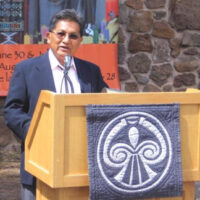
Ben Nuvamsa, President of Kiva Institute and former Hopi Tribal Chairman

Nicole Horseherder, Executive Director, Tó Nizhóní Ání
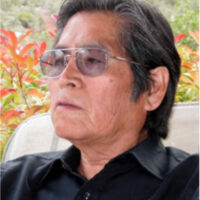
Vernon Masayesva, Executive Director, Black Mesa Trust and former Hopi Tribal Chairman

Eric Frankowski, Executive Director, Western Clean Energy Campaign
Summary
After nearly a half-century of mining coal on Hopi and Navajo land, Peabody Energy has ceased operations on the massive Black Mesa and Kayenta surface mines and shut down the associated power plants. These mines razed the land, disturbed historic cultural sites, and devastated precious surface and groundwater resources. All the while, federal regulators routinely ignored community concerns, and rubber-stamped Peabody’s every move.
Hopi and Navajo communities are calling on the Department of the Interior to hold Peabody accountable, and to work with Native communities to develop a reclamation plan that accounts for the restoration of water resources, repatriation and reburial of ancestral remains and artifacts, restoration of traditional cultural properties, and economic transition for workers and communities impacted by the closure of the mines and power plants.
The Alliance for Appalachia deals with some similar, and some very different, issues in our own region, and we communicate with many of the same figures in the Department of the Interior and other federal entities.
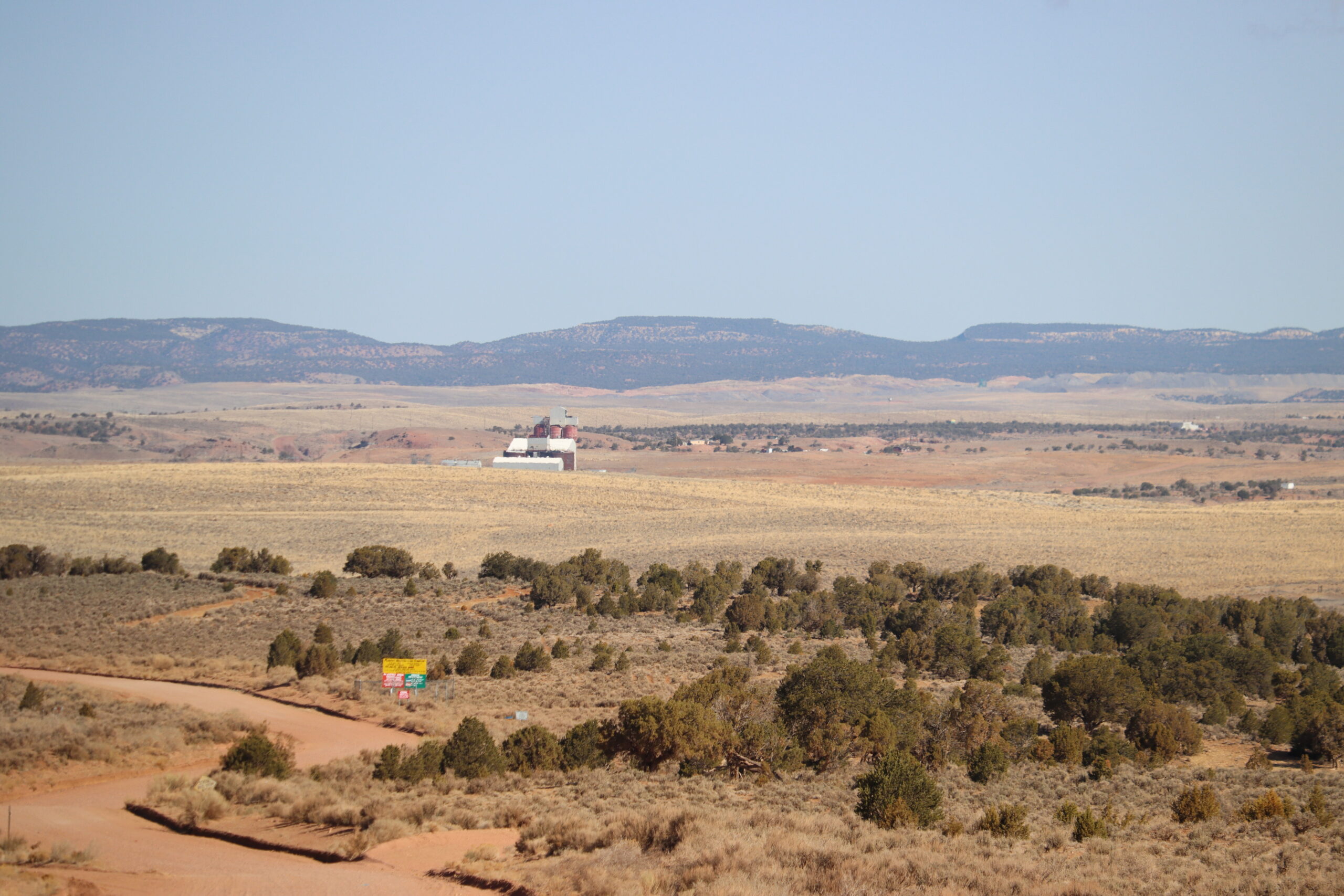
Speaker Bios
Vernon Masayesva is the Executive Director of Black Mesa Trust, a Hopi Leader of the Coyote Clan, and a former Chairman of the Hopi Tribal Council from the village of Hotevilla, one of the oldest continuously inhabited human settlement in the Americas in Arizona.
Masayesva received his B.A. degree from Arizona State University in Political Science and a Masters of Arts from Central Michigan University in 1970. He returned to Black Mesa of the Hotevilla Bacavi Community School, the first Indian controlled school on Hopi as the lead educator of the school systems. In 1984, he was elected to the Hopi Tribal Council and then served as Chairman from 1989. He immersed himself in the tangled intricacies of the mining on Black Mesa and the Hopi – Navajo land dispute and is widely respected on and off the reservation.
In 1998, he founded the Black Mesa Trust and currently serves as its Executive Director. Vernon is an international speaker on the subject of Water and is honored among many scientists, physicists and water researchers including renown author and water researcher Dr. Masaru Emoto from Japan. Among other things, he is beginning a serious study of Hopi symbols and metaphors to understand who he is and what he can do to help his people lay a vision of a future Hopi society. As a result of his commitment to preserving our water, former President William Clinton honored him as an “Environmental Hero.” Charles Wilkinson, a distinguished Professor of Law at the University of Colorado said, “You will gain a strong sense of history, of millennia, from listening to Vernon, but my guess is you will also see something else-the future-for Vernon embodies personal qualities and philosophical attitudes that can serve our whole society well in the challenging years that lie ahead.”
Benjamin (Ben) Nuvamsa is a member of the Hopi Tribe. Ben is Bear Clan from the Village of Shungopavi on the Hopi Indian Reservation. He is former Tribal Chairman of the Hopi Tribe. Mr. Nuvamsa serves as Chairman of the Board of Directors of Native Community Capital, a CDFI providing funding for tribal housing programs and Native entrepreneurs. He received
an Outstanding Citizenship Award by Northern Arizona University Alumni Association in 1997. Nuvamsa is a
traditional practitioner and promotes traditional Hopi philosophy on protecting and preserving the environment and natural resources. Mr. Nuvamsa is the Founder and President/CEO of the KIVA Institute, LLC, a 100% Native American owned and operated training and consulting company, providing capacity building services to tribal nations in tribal governance, program management, finance and accounting, audits, strategic planning, renewable energy development; and
specializing in the Indian Self-Determination Act; etc.
Eric Frankowski is executive director of the Western Clean Energy Campaign, which works to facilitate the transition from fossil fuels to clean energy throughout the Interior West. WCEC coordinates coalition work focusing on the retirement of coal-fired power plants, ensuring that capacity is replaced with wind, solar, and storage resources, and securing resources to assist impacted communities and workers with the transition to post-coal economies. Prior to taking the helm at WCEC, Eric was the energy program director with Resource Media in Boulder, Colo., where he worked mainly with other nonprofit environmental groups, helping them develop and implement media and messaging strategies. From 1995-2006, he served as a reporter and city editor at the Longmont Daily Times-Call. During his tenure, the paper received several prestigious awards, including the Colorado Press Association’s General Excellence Award in 2001 and 2002, and the Scripps Foundation’s National Environmental Reporting Award in 2004. He also has received individual awards for his science and environment reporting. He and a colleague won the Society of Environmental Journalism’s top award in 2004 in the ‘Small Market Reporting-Print” category for their series on the Cotter Corporation, a uranium milling company near Cañon City, Colorado. Eric has a bachelor’s degree with a double major in biology and Spanish, and an MA in journalism, and a graduate certificate in environmental policy from the University of Colorado Boulder.
Nicole Horseherder is Dine (Navajo), originally from the Black Mesa Plateau in Northeastern Arizona. Nicole is the Executive Director of Tó Nizhóní Ání, a grassroots organization focused on preserving and protecting the environment, land, water, sky, and people. She advocates for the wise and responsible use of the natural resources of the Black Mesa region (Dził Yijiin).
Nicole grew up near Big Mountain, which is situated on Black Mesa, and continues to live there today. She began her work bringing awareness to the misuse and mismanagement of groundwater by the coal mining operation on Black Mesa in 1999.
Today she continues her work educating and working with local communities to strengthen the traditional lifeways of the people of Black Mesa, economically, environmentally, and socially. Nicole has a B.A. in Family and Consumer Resources from the University of Arizona, Tucson, Arizona, and an M.A. in Linguistics from the University of British Columbia, Vancouver, Canada. Translating information on hydrology, geology, mining regulation, and other technical data is an achievement Nicole is most proud of.


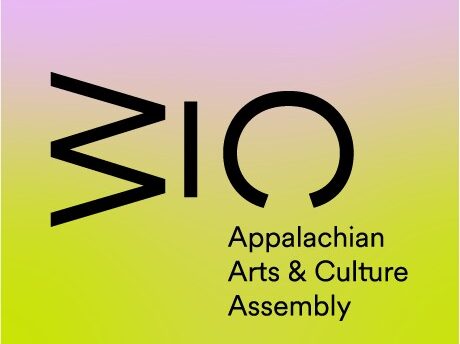
Excellent.